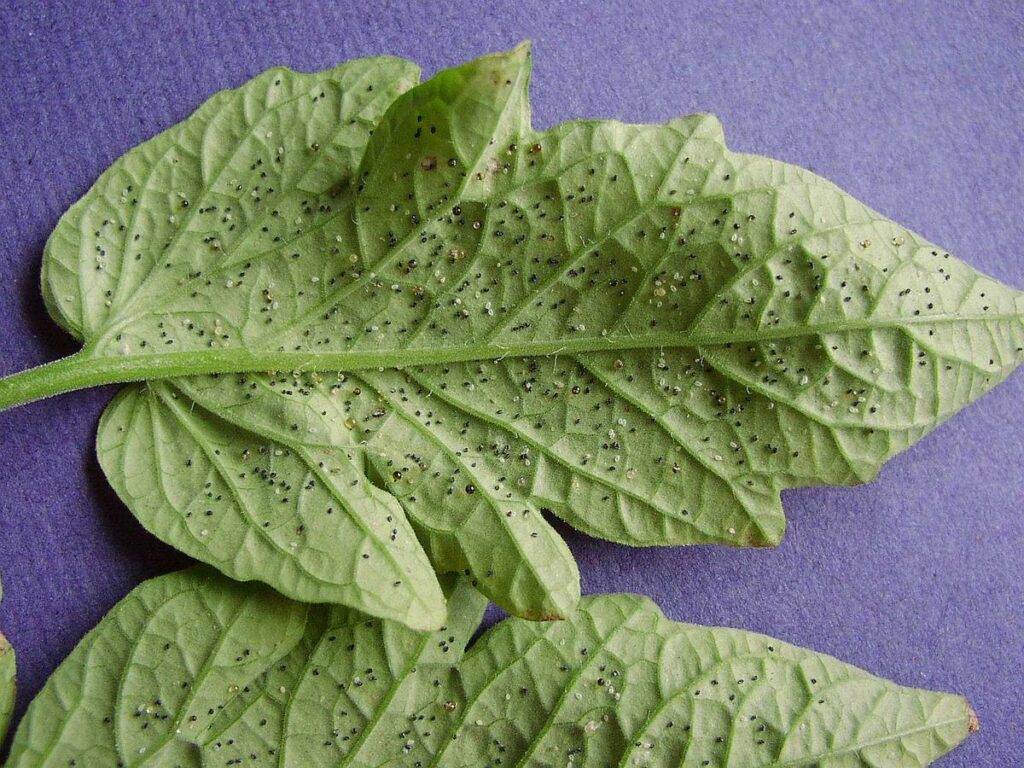Discovering a fascinating phenomenon a century ago, American researchers Marshall Hertig and Simeon Burt Wolbach found that mosquitoes contained bacteria within their cells. This revelation led to the identification of Wolbachia, a genus of bacteria present in the cells of various insects. These bacteria have evolved unique strategies to manipulate their hosts, particularly related to gender determination.
The Impacts of Wolbachia Bacteria
Wolbachia bacteria, found in insect eggs but not in sperm, play a crucial role in determining the gender of offspring. Females can transmit Wolbachia to their progeny, but males cannot. This one-sided transmission allows Wolbachia to influence the production of female over male offspring.
Recent Study on Wolbachia Manipulation
In a groundbreaking study published in Current Biology by researchers from Shenyang Agricultural University (SAU), China, it was revealed that Wolbachia bacteria had influenced the wasp species Encarsia formosa to completely eliminate its male population.
The Role of Encarsia formosa in Agriculture
Encarsia formosa wasps are essential in agriculture as they serve as natural predators of whiteflies, a common pest that damages plant productivity. By parasitizing whitefly nymphs, these wasps effectively control their population.
Understanding Gender Determination in Insects
Among hymenopterans like ants, bees, and wasps, gender determination is unique. Fertilized eggs develop into females, while unfertilized eggs result in males. This haplo-diploid sex determination mechanism influences the gender balance within populations.
Impact of Antibiotic Treatment on Gender Ratio
Researchers observed a significant shift in gender ratio in Encarsia formosa populations when females were treated with antibiotics. This treatment reduced the concentration of Wolbachia bacteria, resulting in a higher proportion of male offspring.
The Role of a Gene in Female Development
The tra gene plays a vital role in promoting female development in insects. Mutations in this gene can lead to male-biased progeny production. Interestingly, the tra gene in Encarsia formosa was missing key elements crucial for its function.
Horizontal Gene Transfer in Wolbachia
Researchers discovered a fascinating phenomenon where the Wolbachia bacteria in Encarsia formosa had acquired a functional tra gene from a distantly related insect through horizontal gene transfer. This unique mechanism allowed the bacteria to influence female development in the wasp species.
Consequences of Male Extinction
Post-antibiotic treatment, male Encarsia formosa individuals exhibited a lack of mating behavior, raising concerns about the species’ long-term viability. The absence of male participation could lead to genetic stagnation and potential extinction of the wasp-Wolbachia partnership.
Future Prospects and Research Directions
Researchers are now tasked with investigating natural male populations of Encarsia formosa to understand the implications of the absence of males on the species’ genetic diversity. This exploration could shed light on the evolutionary strategies of Wolbachia bacteria.
D.P. Kasbekar, a retired scientist, provided valuable insights into this research.

